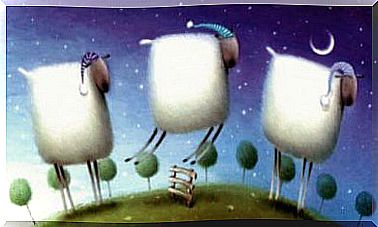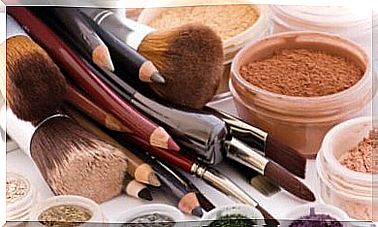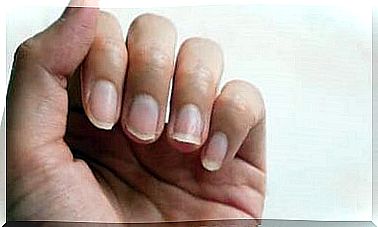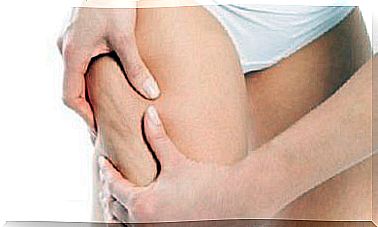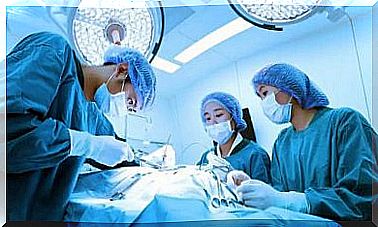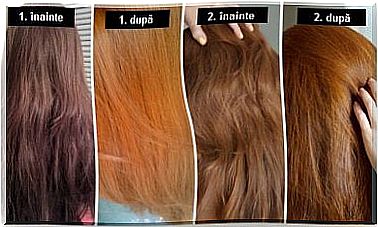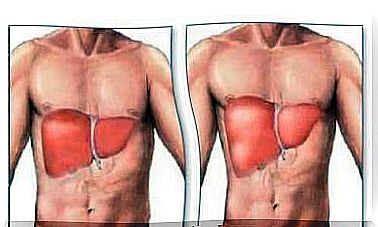Menopausal Women – Recommended Nutrition

Menopause is a critical time for women in many ways. Your body and metabolism undergo transformations that vary from person to person. For example, did you know that for menopausal women, nutrition plays a very important role? Find out more in the article below.
Menopause: more than the end of menstruation
Although this is the official definition, the changes that women go through at menopause are much deeper. During this period, a woman goes through various hormonal, physical and mental transformations. The main cause is the same: decreased estrogen production, which affects and alters metabolism.
Some symptoms of menopause can affect your personal and professional life, relationships with others and self-satisfaction. In general, this topic is treated from several perspectives, but you are rarely told how you can cope with menopause.
The most common symptoms of menopause are:
- Hot flushes
- Night sweats
- Dry skin
- Depression
- Mood swings
- Loss of bone density
- Low libido
- Insomnia
- Anemia
Nutritional needs during menopause
During this period, which in some women may start at the age of 40, you need to eat properly to provide the body with the nutrients it needs:
Calcium
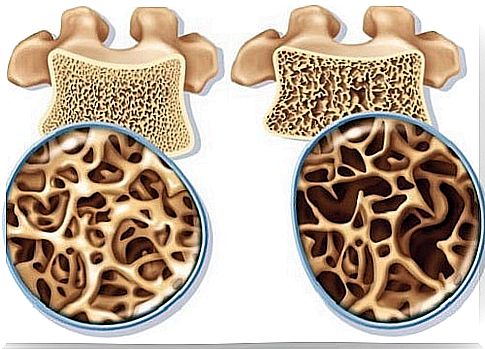
It is an essential mineral for bone health, helping to build muscle. Menopausal women should add more calcium to their diet to prevent osteoporosis. Dairy products are said to be the richest source of calcium, but there is some controversy over this claim. Other very good sources of calcium are:
- Sardines
- beans
- Almonds
- Mangold beets
- Broccoli
Iron
Iron deficiency can cause anemia, among other problems. The foods richest in iron are:
- Lean red meat
- fish
- Walnuts
- Green leafy vegetables
Vitamin D
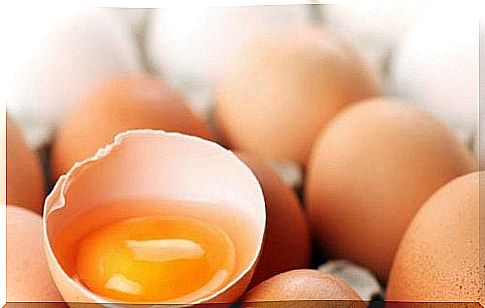
This important vitamin facilitates the absorption of calcium in the body, which is why you need to consume a sufficient amount at any stage of life. V itamin D helps prevent calcium deficiency, why menopausal women should consume more eggs.
In addition to including certain foods in the diet, it is good to expose yourself directly to the sun for at least 15 minutes every day (but try to avoid the time interval 11: 00-15: 00). Foods with a high concentration of vitamin D are:
- eggs
- Fish oil
- liver
fiber
Fiber is an important component of a healthy diet, as it helps improve digestion and control cholesterol levels. At menopause, hormonal changes in the body increase the risk of fat accumulation in the blood. Here is a list of high fiber foods:
- fruits
- vegetables
- Beans
- Whole grains
Nutrition tips for menopausal women
Now you know what foods to include in your diet, but it’s a good idea to consider the following tips:
Opt for whole grains
Always choose unrefined flour, rice and brown sugar. In this way you increase your intake of fiber from your diet.
Drink water
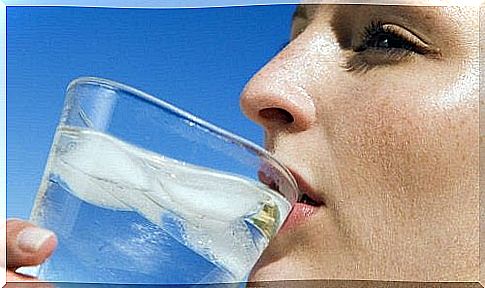
Water keeps your body hydrated and prevents fluid retention. The recommended amount is generally 4-6 glasses a day, but this number may vary depending on the season, physical activity and more. The minimum amount of water we need to consume daily is 1.5 liters.
Avoid unhealthy foods
The foods recommended during menopause are the same as any healthy lifestyle, adopted by anyone at any age. Therefore, it is good to give up:
- Butter
- Fatty meat
- Fast food products
- Sweets
- Fry
- Sugar
- Desserts
- Sour juices
- Candy
- Ice cream
- Salted foods
- Canned meat and sausages
- preserves
Eat more fruits and vegetables
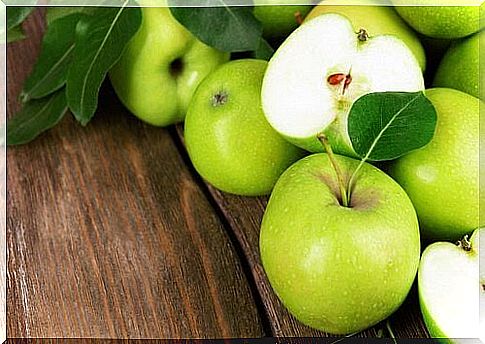
They help relieve menopausal symptoms. Some fruits and vegetables produce reactions in the body, mimicking the effect of estrogen. The most nutritious options are:
- The apples
- Sweet potatoes
- Tofu
Other tips for menopausal women
In addition to maintaining a healthy diet and eating certain beneficial foods during menopause, it is good to consider the following recommendations:
- Exercise two or three times a week, either at home or in the park or at the gym.
- Adopt deep relaxation techniques such as yoga, meditation or tai chi.
- Maintains a low level of stress, whether caused by personal or work problems.
- Maintain a constant temperature of 20 ° C in your home, regardless of the season.
- Try to dress in several layers of clothes so that you can adapt to hot flashes and chills.
- Walk for at least 20 minutes a day. You can do this when you go shopping, go to or return from work, walk your dog, and so on.
- Try to keep your weight within normal limits, appropriate to your height and fitness.
- Do not smoke or drink too much alcohol (a glass of wine at the table is enough).
- Try to always have a positive attitude, remember to smile and enjoy every day.
- Consult a specialist if you suffer from depression or anxiety.
- Keep track of all changes in your body.
- Talk about the physical and emotional changes you go through with a doctor or a psychologist, but also with your family.
- Remember that this is a stage in every woman’s life. It is a normal and natural thing.
- Do not give up the activities that you enjoy: study, work, travel, cooking, etc.
